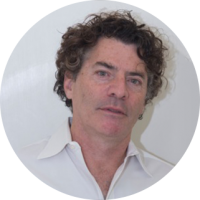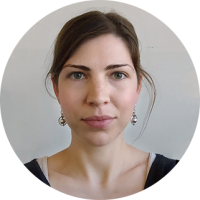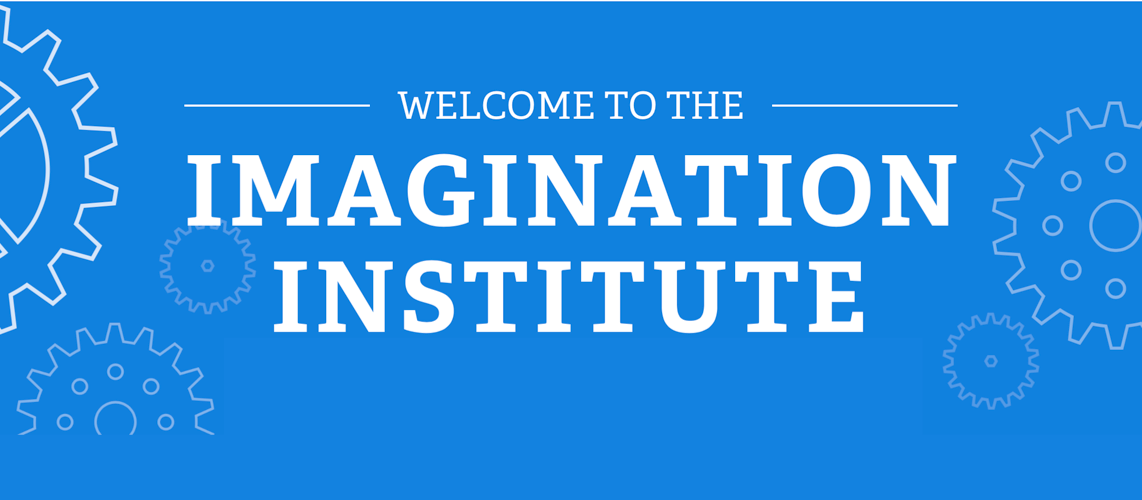University of California, Santa Barbara
This project investigates how daydreaming—a form of imaginative thought we all routinely engage in—affects creativity, and in particular creative writing. While daydreaming fills a substantial portion of our everyday life, and writers often report using their daydreams as a source of inspiration, very little is known about the kinds of daydreaming that are conducive to creativity. Our goal is to develop an intervention that uses deliberate practice of daydreaming to increase creativity among students and aspiring writers.
Researchers

Jonathan Schooler
Jonathan Schooler is a Professor of Psychological and Brain Sciences at the University of California at Santa Barbara. He received his Ph.D. from the University of Washington in 1987 and then joined the psychology faculty of the University of Pittsburgh. He moved to the University of British Columbia in 2004 as a Tier 1 Canada Research Chair in Social Cognitive Science and joined the faculty at UCSB in 2007.
Schooler’s research takes a “big picture” perspective in attempting to understand the nature of mental life. Combining empirical, philosophical, and contemplative traditions, his research addresses broad issues that cross traditional disciplinary boundaries, such as: how spontaneous cognition (i.e., day dreaming) gives rise to creative insights, how translating experiences into words affects performance, and how exposing individuals to philosophical positions about free will affects moral behavior. He is also interested in the science of science (meta-science) including understanding why effects sizes often decline over time, and how greater transparency in scientific reporting might address this issue.
Schooler is an author on over 175 scientific publications and is a co-editor of Scientific Approaches to Consciousness, which was published in 1997 by Lawrence Erlbaum. Currently he has over 12,000 citations, more than half of which were made in the last five years. He is or has served on the editorial boards of Memory and Cognition, Applied Cognitive Psychology, Consciousness and Cognition, Psychological Science, Social Cognitive and Affective Neuroscience, Encyclopedia of Consciousness, and the Journal of Imagination, Cognition and Personality. He is a fellow of the Association for Psychological Science, the Society of Experimental and Social Psychology, and the Society of Personality and Social Psychology.
Schooler’s work is frequently featured in major media outlets such as the New York Times, Nature, Scientific American, The New Yorker, The Washington Post, USA Today, The Boston Globe, Time Magazine, NPR, CNN, Psychology Today, Discover Magazine among others. His work on creativity was recently featured on the BBC television show Horizon, and his work on free will on Through the Worm Hole with Morgan Freeman.

Claire Zedelius
Claire M. Zedelius is a postdoctoral researcher at the Psychology and Brain Sciences Department at the University of California, Santa Barbara. Her research focuses on the interplay of conscious and unconscious processes in creative cognition and goal-directed behavior. She is particularly interested in mind wandering or daydreaming as source of creative insights. Claire employs laboratory and field research methods, including ecological momentary assessment or experience sampling via smartphones, to study the effects of mind wandering in naturalistic settings. Claire obtained her PhD in social psychology in 2013 at Utrecht University, the Netherlands, where she studied conscious and unconscious processes in human reward pursuit.
